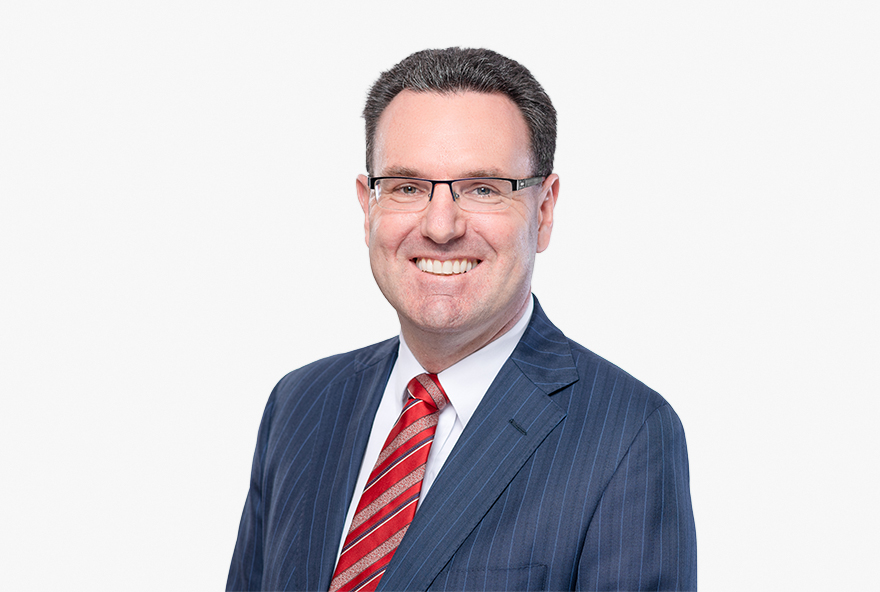
The New South Wales Government is cracking down on land tax compliance. Revenue NSW has offered an amnesty period for land owners to voluntarily disclose any non-compliance without incurring an additional penalty on top of their outstanding land tax liability.
If you have been incorrectly claiming a land tax exemption or have been incorrectly assessed for a lower amount of land tax than is correctly payable, on any of your taxable NSW properties, we recommend that you consider voluntarily disclosing the error to Revenue NSW. Revenue NSW has offered an amnesty period for land owners to voluntarily disclose any non-compliance without incurring an additional penalty on top of their outstanding land tax liability. The amnesty period expires on 31 January 2020 and we expect Revenue NSW to significantly increase their land tax audit activities shortly thereafter.
Proposed NSW duty and land tax changes
The New South Wales Parliament is currently debating the State Revenue Legislation Further Amendment Bill 2019 (Bill). The Bill proposes significant land tax and duty changes, which are summarised below. If passed, it will come into force on the date it receives Royal Assent.
Surcharge Land Tax
In NSW, surcharge land tax (SLT) is payable by foreign persons who own NSW residential land.
If the Bill becomes law, the trustee of a discretionary trust will be a foreign person and therefore liable for SLT unless the terms of the trust deed satisfy both of the following requirements: (a) a foreign person must not be a potential beneficiary (this includes a specified, general, primary or secondary beneficiary) of the trust (“No Foreign Beneficiary Requirement”); and (b) the terms of the trust cannot be amended in future to allow a foreign person to become a potential beneficiary of the trust (“No Amendment Requirement”).
A trust for which the deed has been amended to meet the No Foreign Beneficiary Requirement prior to the commencement of the proposed amendments will be taken not to be a foreign person without having to satisfy the No Amendment Requirement.
The good news is that trustees of discretionary trusts who have previously been assessed for SLT may be entitled to a refund of any SLT paid for the 2019 and prior land tax years if the trust deed is amended by 31 December 2019, to satisfy both the No Foreign Beneficiary Requirement and the No Amendment Requirement.
On the flip side, if the trust deed is not amended by 31 December 2019 to satisfy both the No Foreign Beneficiary Requirement and the No Amendment Requirement, the proposed amendments to the law will have retrospective effect from the 2017 land tax year onwards. This means the Chief Commissioner may retrospectively assess those trustees for SLT for the 2017 to 2019 land tax years.
Surcharge Purchaser Duty
In NSW, a foreign person who acquires residential property is liable for surcharge purchaser duty (“SPD”) of 8% in addition to the general rate of duty of 5.5%, bringing the top rate of duty to 13.5%.
As for the SLT, the Bill proposes to regard the trustee of a discretionary trust as a foreign person and therefore liable for SPD unless the No Foreign Beneficiary Requirement and No Amendment Requirements are met.
A trust for which the deed has been amended to meet the No Foreign Beneficiary Requirement prior to the commencement of the proposed amendments will be taken not to be a foreign person without having to satisfy the No Amendment Requirement.
If the trustee of a discretionary trust becomes liable for the SPD in respect of a transfer of dutiable property that occurs before midnight on 31 December 2019, and the trust deed is amended by midnight on 31 December 2019 such that the No Foreign Beneficiary Requirement and No Amendment Requirements are met, the trustee would be exempted from SPD, or entitled to a refund of any SPD that has already been paid.
Landholder duty
Currently, the test for whether an entity is a landholder is determined by reference to whether its landholdings have a registered land value (i.e. unimproved land value) which exceeds $2m.
If the proposed amendments are passed, the unencumbered market value (i.e. the improved value) of an entity’s land holdings as at the date of a relevant acquisition will instead be used to determine if the entity is a landholder. As a consequence, a number of entities that are not ‘landholders’ under the current provisions will become ‘landholders’ for duty purposes and any changes in share or unit holdings could give rise to a landholder duty liability.
Further, the Bill proposes to expand the landholder duty base such that anything fixed to land by more than its own weight will form part of a landholder’s landholdings (e.g. fit-out and plant and equipment fixed to the land or buildings). Currently, only common law fixtures are captured as forming part of the landholdings of a landholder. These changes are likely to affect land owners in a number of industries (such as medical, manufacturing and infrastructure) in which large and expensive plant and equipment are often fixed to the land or buildings.
What are the next steps?
If you own or are considering acquiring residential property in NSW in a discretionary trust, make sure you review your trust deed to ensure that the trust will not unintentionally be captured by the SPD and SLT provisions. You have until midnight on 31 December 2019 to ensure that your trust deed meets the relevant requirements to be excluded from SPD and SLT.
If you have signed a contract to acquire or are considering selling, transferring or acquiring shares or units in an entity which holds or may hold more than $2m of NSW land (including fixtures), it is imperative to ensure that the transaction does not give rise to a landholder duty liability in NSW.
If you need any assistance in determining whether you may have a landholder duty liability, please get in touch with your Pitcher Partners expert.





